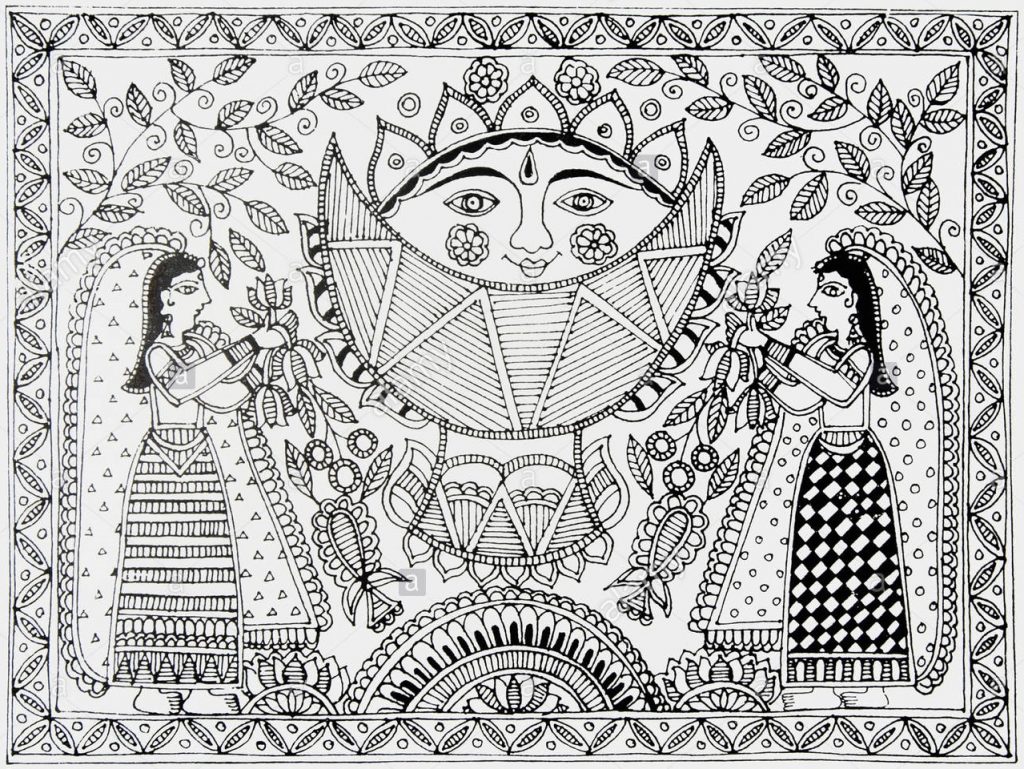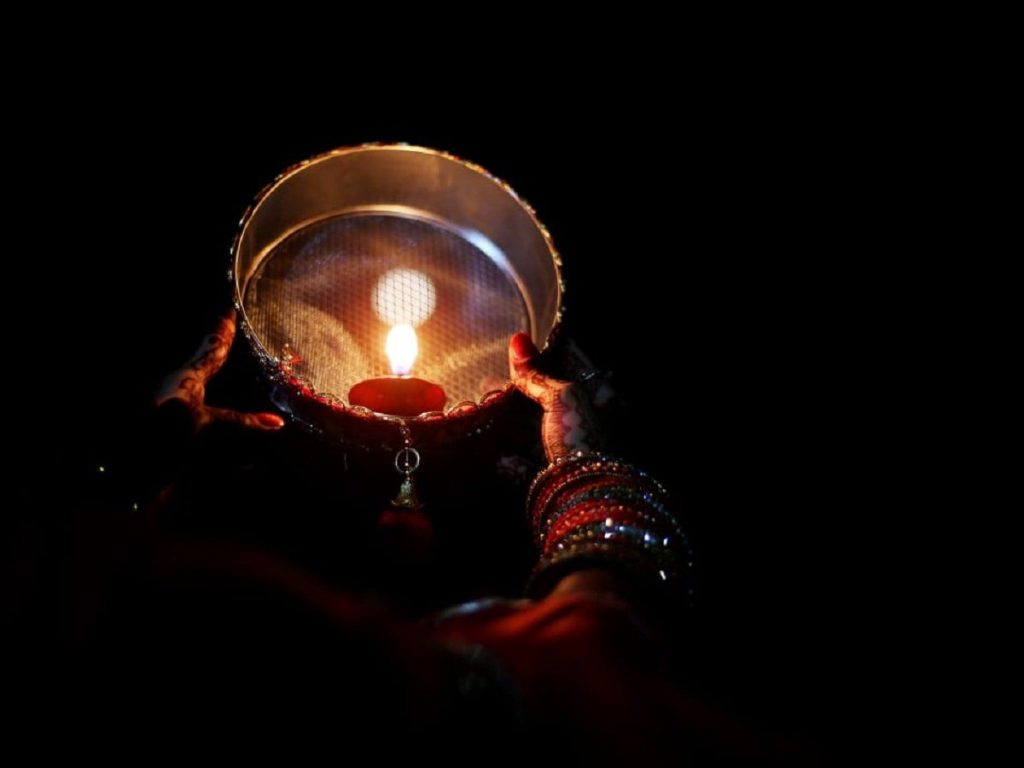Tis the time of the year when we jump from one festivity to another, one celebration to another. And one controversy to another.
Today its Karwa Chauth, with many celebrities questioning the “logic” of celebrating a so-called “regressive” mindset.
Wonder where they found the logic of Halloween or baby showers (as opposed to Godh Bharai), and many other such Neo-festivals? Possibly from television.
Nevertheless, here is what I wrote a couple of years back, and it still stands. Culture is built over thousands of years, and what stands the test of time, always has a deep thought behind it. Respect, if not observe.
Happy Karwa Chauth!

There are rituals, and there are customs. Rituals are usually a set of rites, usually performed in an exact sequence, with rules governing them, and possible implications if performed wrongly. Satyanarayana Puja, or Durga Puja for instance.
Customs or traditions are part of our culture that evolved internally, and passed down through the generations. Customs can vary in practice – between societies, even between families. There is no right way, and there is no wrong way. The custom of Karwa Chauth is one such tradition.
There are a lot of stories associated with Karwa Chauth. It owes it’s nirukta, or etymology, to a very simple explanation. Chauth means the fourth day, and refers to the fourth day in the Krishna Paksha of Kartika masa. Karwa is an earthen pot, usually filled with water. What’s the connection, you may ask. Google it:)
The point is that knowing the exact origins of the vrata, while satisfying your curiosity, does little else. Humans evolve over time, and our ways of living and thinking change. Traditions and customs serve as the bridge between what was, and what is. And this bridge is very important.
In the course of time, many people began to associate Karwa Chauth with regression, questioning why a woman alone has to keep it, that too for the long-life of her husband. Why does she have to depend on a man, they asked. Why can’t a man keep a vrata for his wife too?
It’s like saying – why can’t one switch off lights during Diwali? Why celebrate a festival by adding to the electric load of a country? Or why can’t one celebrate a waterless, colorless Holi? Or better still, why don’t you write with your left hand as well, now that you are able to type with both?
It’s not like our ancestors were bumbling idiots and thought of silly customs since they had nothing better to do. And whoever thought of it, passed it on to a whole generation of more idiots, who decided to continue it, and so on and so forth, until you arrived at the scene and suddenly realized that it didn’t make much sense. Well, the odds of that are slim, aren’t they?
Nevertheless, the point being – those who celebrate it, do it out of their own will. It’s a time to bond, when the wife keeps a fast for the well-being of her husband, and her husband in turn prays for the well-being of his wife.
It comes four days after Sharad Purnima, and a few days before Diwali.

I can go on about the Ayurvedic angle to this, considering the doshas and the significance of the moon in Kartik masa and all, but that is something you can read elsewhere, if you have the interest. My only take on this is – let it be.
If you think it is regressive – don’t fast.
If you think husbands should keep it too – plan it together. After all, there is a lot of binging ahead (due to Diwali), so it does make sense that way.
If you think you have to follow a strict ritual – no you don’t. It is the feeling that counts here, and the positive frame of mind. Waiting for the moon to show itself is only part of the tease, a talking point between friends who fast together…
We are blessed to be part of such a rich culture. Let us celebrate it. Some of it may not make sense to you, but it does to others. So let them be. Customs are meant to bring us together, something that we have forgotten to do in the race of life.
Karwa Chauth is one of those pauses in the journey, that help reflect on the ones you love, to appreciate them and their devotion towards each other, and to signify that what matters is togetherness. Fasting is just one part of it.
